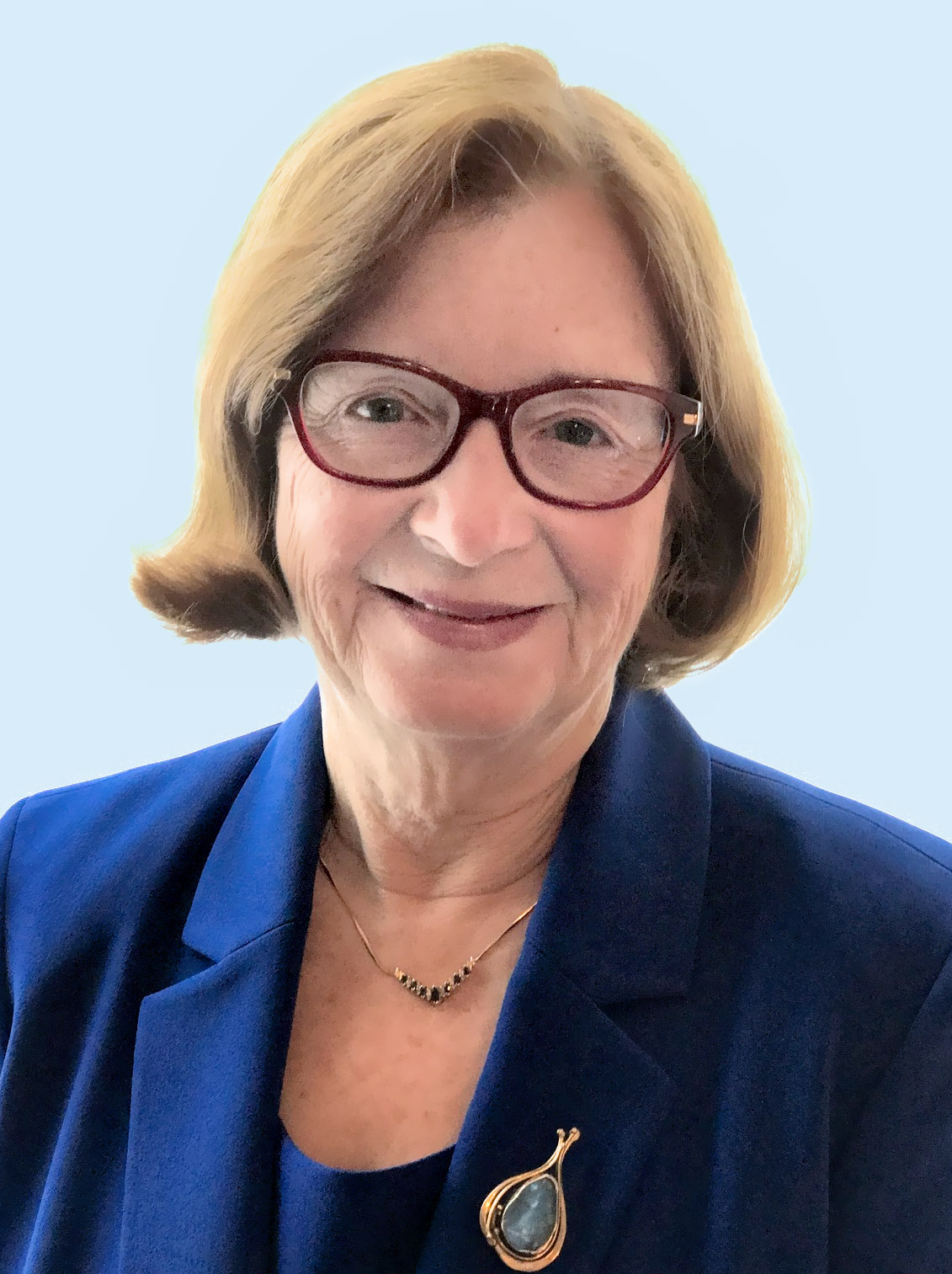When Barbara (Padgett) Yawn ’69 arrived in the small Minnesota community of Worthington in 1976, she was the only female physician practicing in a 150-mile radius. She quickly learned that rural populations weren’t as well served by the health-care system as city dwellers. Her patients, she discovered, were by and large “competent, intelligent people but with much less access to medical information and many needs that were not being met.”

Yawn spent 15 years there, delivering more than 2,000 babies and developing an inpatient mental-health unit so that patients didn’t need to travel more than 100 miles for care. She then received a Bush Medical Fellowship and departed for the University of Michigan to study statistics and clinical research design. In 1991, she founded a private research group at Olmsted Medical Center in Rochester, Minnesota.
At that time, “research was done almost exclusively in academic medical centers, and the patients involved in that research were suburban and urban patients,” she recalls. “There was a tremendous lack of any evidence and research data that pertained to the kind of patients I saw in rural practice. To me, that was a very exciting niche that I could help build.”
Drawing on her memories of rushing to the hospital during blizzards to help deliver babies who all too often were premature, Yawn did her first study on preventing preterm birth. Her findings landed in the Journal of the American Medical Association. Later, she was among the first researchers to publish evidence to support screening for postpartum depression—now a common practice.
Before her retirement from Olmsted in 2016, Yawn and her team—which included her physician husband, Roy Yawn ’69, whom she met at MIT—published more than 300 peer-reviewed papers. Their research covered a broad range of topics, including immunization, sickle-cell disease, myopia, scoliosis, asthma, and chronic obstructive pulmonary disease (COPD). She continues to support COPD research as chief science officer of the COPD Foundation.
“My patients and colleagues taught me a lot about the need for primary-care, patient-centered, rural-based evidence,” says Yawn, who shared what she learned through teaching, serving on national guideline panels, and hosting a nationally syndicated radio show about health care, which was broadcast from 1986 to 1996 to 500 rural stations. “I took the opportunity to explore several areas during my research career, and I felt I needed to give all that evidence back.”
Keep Reading
Most Popular
Large language models can do jaw-dropping things. But nobody knows exactly why.
And that's a problem. Figuring it out is one of the biggest scientific puzzles of our time and a crucial step towards controlling more powerful future models.
The problem with plug-in hybrids? Their drivers.
Plug-in hybrids are often sold as a transition to EVs, but new data from Europe shows we’re still underestimating the emissions they produce.
Google DeepMind’s new generative model makes Super Mario–like games from scratch
Genie learns how to control games by watching hours and hours of video. It could help train next-gen robots too.
How scientists traced a mysterious covid case back to six toilets
When wastewater surveillance turns into a hunt for a single infected individual, the ethics get tricky.
Stay connected
Get the latest updates from
MIT Technology Review
Discover special offers, top stories, upcoming events, and more.